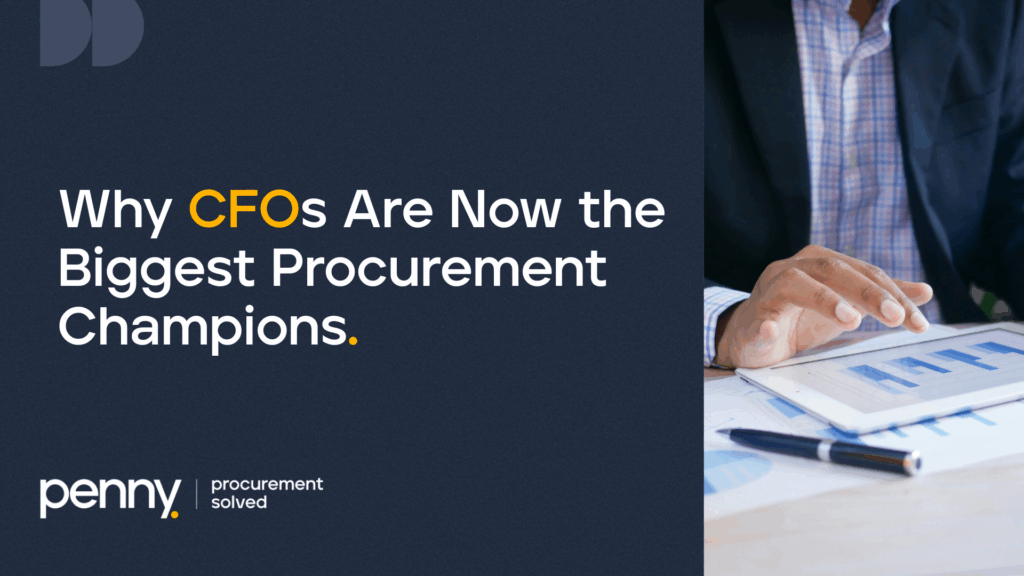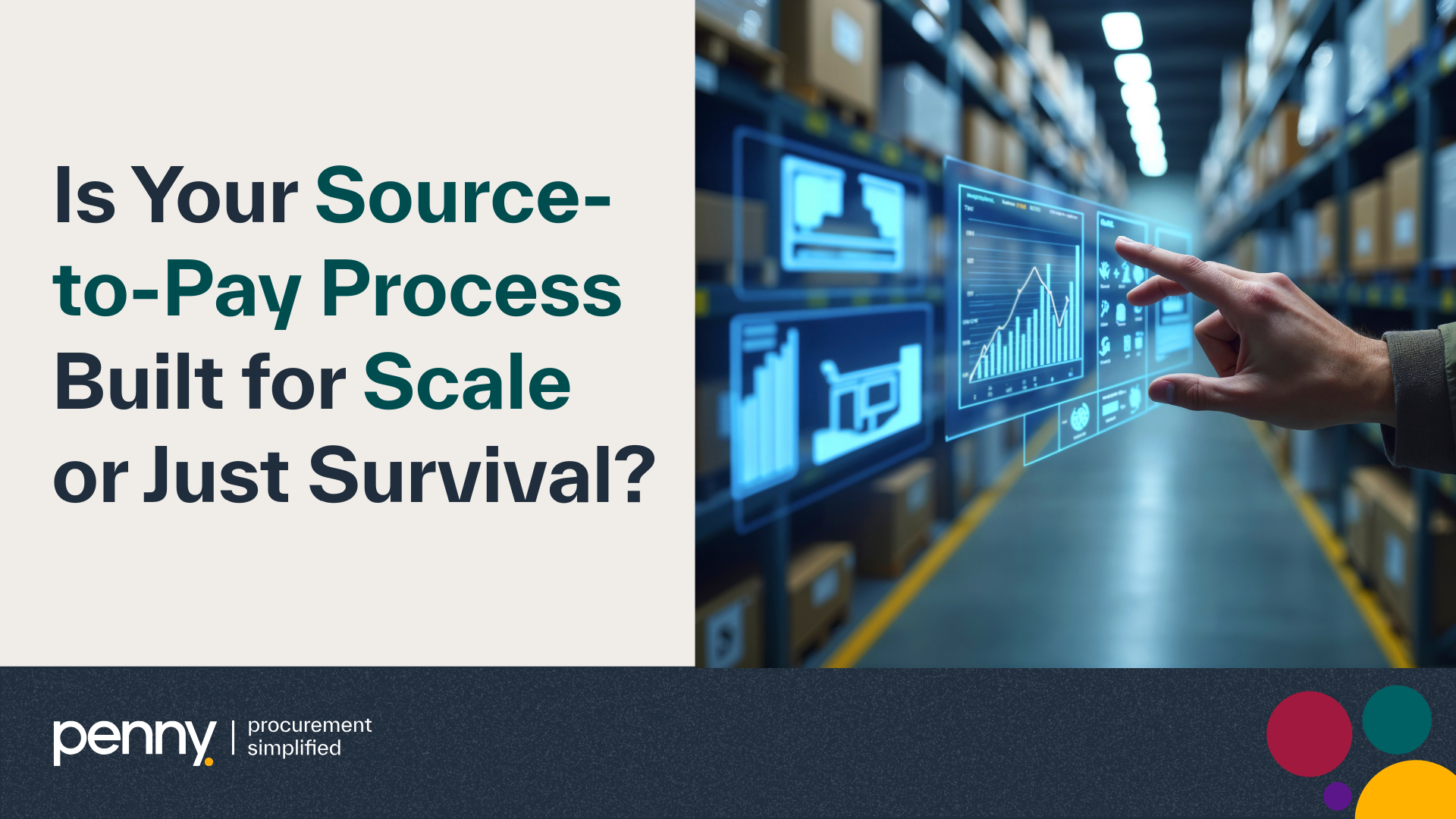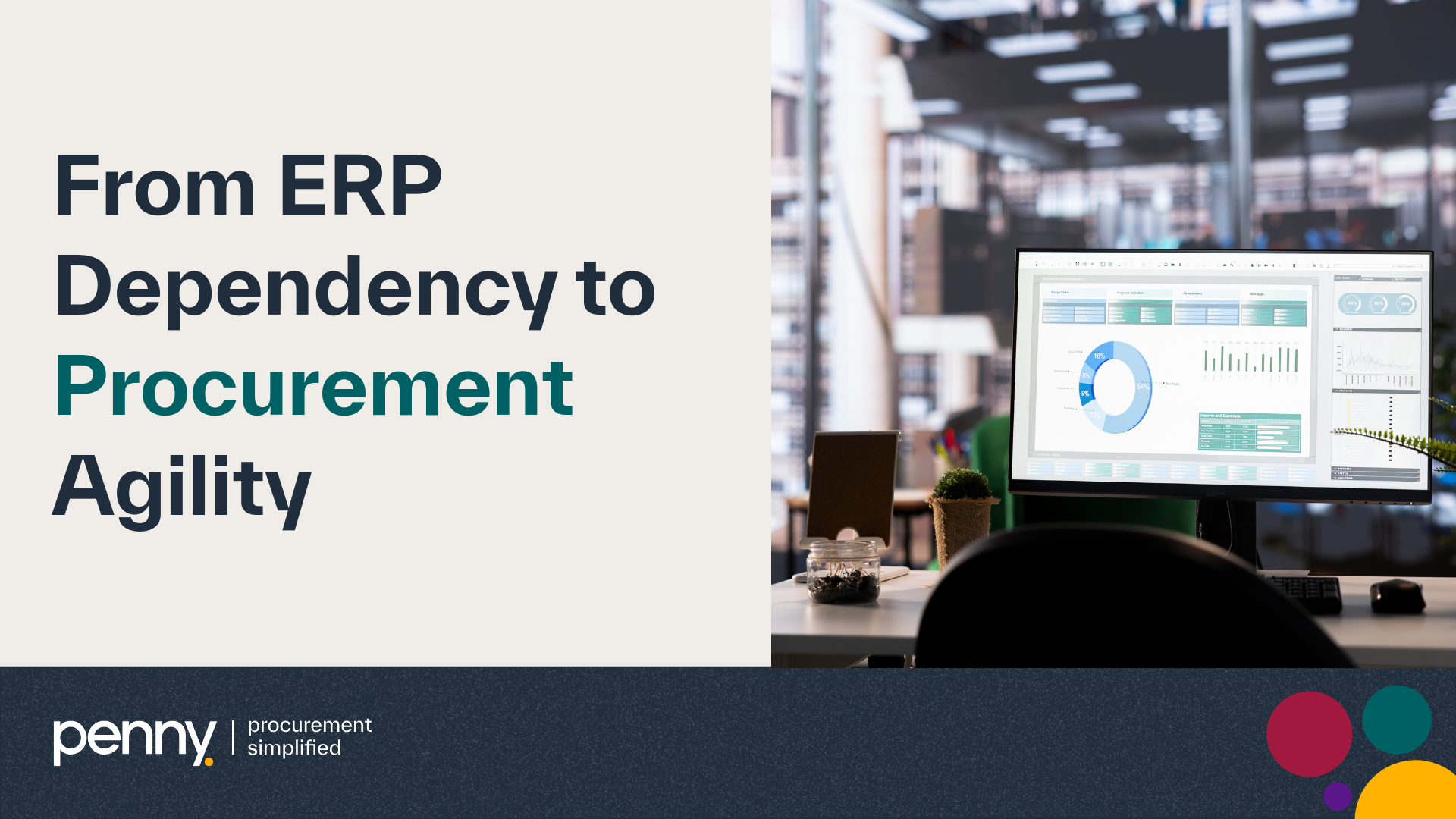
In today’s fast-paced and competitive business environment, organizations are constantly seeking ways to improve efficiency, reduce costs, and enhance supplier relationships. One of the most powerful frameworks enabling this transformation is Source to Pay (S2P). a comprehensive approach to managing the entire procurement lifecycle from identifying needs to making payments.
But what exactly is Source to Pay, and why does it matter? Let’s break it down.
What Is Source to Pay?
Source to Pay (S2P) is an integrated process that encompasses all the stages involved in acquiring goods and services, from identifying a need through sourcing suppliers, negotiating contracts, placing orders, receiving goods, and finally processing invoices and making payments.
Unlike traditional procurement, which often treats each stage as a silo, S2P emphasizes end-to-end integration, ensuring visibility, compliance, and efficiency across the entire procurement cycle.
Key Phases of the Source-to-Pay Process
- Identify Need
- Your journey begins when a department identifies a requirement for goods or services.
- This could be anything from office supplies to raw materials or IT services.
- Supplier Discovery & Sourcing
- Procurement teams evaluate potential suppliers based on cost, quality, reliability, and sustainability.
- Activities include market research, issuing Requests for Information (RFI), Requests for Proposal (RFP), and conducting negotiations.
- Contract Management
- Once a supplier is selected, formal agreements are established.
- Contracts outline pricing, delivery terms, service levels, compliance requirements, and performance metrics.
- Procurement (Purchase Requisition & Order)
- Users submit purchase requisitions, which are approved based on predefined workflows.
- Approved requests turn into Purchase Orders (POs) sent to suppliers.
- Goods Receipt & Service Acceptance
- Upon delivery, goods are inspected and verified against the PO.
- For services, acceptance may involve milestone verification or performance reviews.
- Invoice Processing & Three-Way Matching
- Suppliers submit invoices, which are matched against the PO and goods receipt.
- This “three-way match” ensures accuracy and prevents overpayments.
- Payment & Supplier Relationship Management
- After approval, payments are issued on time.
- Ongoing supplier performance is monitored, feedback is collected, and relationships are nurtured for future collaboration.
Why Source-to-Pay Matters?
Implementing a robust S2P process offers numerous strategic advantages:
- Cost Savings
By centralizing procurement and leveraging volume discounts, companies can negotiate better terms and reduce maverick spending.
- Improved Compliance
Automated workflows ensure adherence to internal policies and external regulations, reducing risk and audit exposure.
- Greater Visibility & Control
Real-time dashboards and analytics provide insights into spending patterns, supplier performance, and process bottlenecks.
- Enhanced Efficiency
Automation of routine tasks like PO creation, invoice matching, and approvals reduces manual errors and speeds up cycle times.
- Stronger Supplier Relationships
Transparent processes and timely payments foster trust and encourage long-term partnerships.
- Support for Sustainability & ESG Goals
S2P systems can help track supplier diversity, carbon footprint, and ethical sourcing practices aligning procurement with broader corporate responsibility goals.
The Role of Technology in S2P
Modern Source to Pay wouldn’t be possible without the power of technology. Today’s organizations are embracing digital procurement platforms to automate, connect, and manage every step of the S2P journey, from supplier discovery to payment reconciliation.
These platforms offer seamless integration with ERP systems and unify critical workflows like sourcing, contract management, purchase operations, invoice processing, and spend analysis. As a result, procurement moves from being reactive and fragmented to becoming a centralized, strategic function.
Best Practices for Implementing Source to Pay
- Start with Clear Objectives
Define what success looks like: cost reduction, improved compliance, faster cycle times? - Involve Stakeholders Early
Engage finance, legal, IT, and end-users to ensure buy-in and smooth adoption. - Clean Your Data
Make sure your supplier master data, catalog content, and spend categorization are accurate. - Standardize Processes
Align workflows across your departments and geographies. - Train Your Teams
Give your users continuous training and support. - Measure & Optimize
Track KPIs like cost savings, PO cycle time, invoice accuracy, and supplier performance to fine-tune your process.
Final Thoughts
Source to Pay is more than just a procurement checklist; it’s a strategic framework that helps you work smarter, spend better, and build a more resilient supply chain.
Whether you’re running a small business looking to formalize procurement or a large enterprise ready to digitize globally, embracing a complete S2P approach can deliver measurable value.
So take a closer look at your current procurement process. Where are the gaps? Where could automation and integration make a difference? The path from source to pay might just lead you to better outcomes.
Ready to Take the Next Step?
If you’re looking to digitize your procurement process without the complexity, Penny offers a source-to-pay platform that’s built for ease, visibility, and results.
Whether you’re managing sourcing, contracts, invoices, or payments. Penny helps you bring it all together in one place. Schedule a free call with our expert team to explore how Penny can support your procurement transformation.



